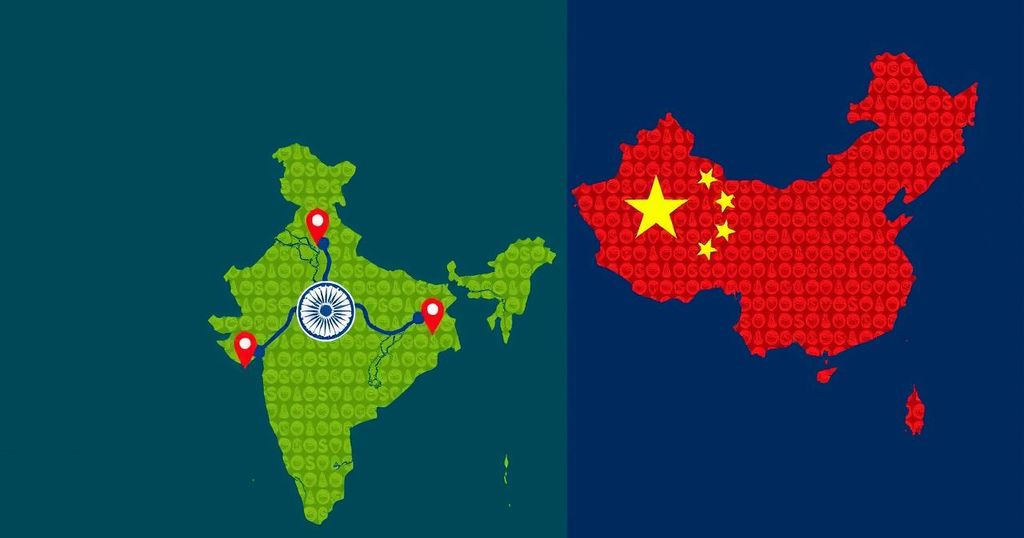Mali, Burkina Faso, and Niger to Implement Biometric Passports Amid Alliance Formation
Summary
Mali, Burkina Faso, and Niger will soon launch biometric passports as they withdraw from ECOWAS in favor of the Alliance of Sahel States. The initiative aims to improve travel document harmonization and facilitate citizen mobility, amid ongoing security challenges in the region. This announcement coincides with the anniversary of their decision to form the alliance and highlights plans for cooperation in information dissemination.
Mali, Burkina Faso, and Niger are set to implement new biometric passports as part of their recent withdrawal from the Economic Community of West African States (ECOWAS), transitioning towards a new alliance known as the Alliance of Sahel States. This announcement was made by Mali’s military ruler, Assimi Goita, during a press conference, highlighting the countries’ intent to enhance travel document harmonization across the region. Amidst their withdrawal, both Burkina Faso and Niger have taken steps to create independent national identities, as evident from Burkina Faso’s earlier proclamation regarding passports that lack the ECOWAS emblem. The launch of the biometric passports aims to facilitate the mobility of citizens internationally and is indicative of a broader regional strategy to share information among the three nations. This strategic collaboration comes at a time when these nations face significant challenges, including insurgencies linked to groups like al Qaeda and the Islamic State, which have exacerbated instability within the region while posing threats to neighboring coastal states. The joint effort was reaffirmed during a meeting between foreign ministers of the three nations, marking the anniversary of their decision to form the alliance. Goita also announced plans to create a shared information channel to ensure coherent communication within the alliance, reinforcing the need for a unified approach to regional security.
The decision by Mali, Burkina Faso, and Niger to withdraw from ECOWAS and establish their own alliance arises from political upheaval, including military coups in each of these nations. ECOWAS, a 15-member bloc formed to foster economic integration and political stability in West Africa, has been critical of the juntas’ actions, warning that such withdrawals undermine regional cooperation and the potential for a united common market. The ongoing security challenges in the Sahel region further complicate these dynamics, as the three countries grapple with violent extremist groups that threaten their national security and regional stability.
In conclusion, the introduction of biometric passports by Mali, Burkina Faso, and Niger marks a significant shift in regional collaboration and identity formation amid political instability. This initiative is aimed at not only enhancing travel efficiency for their citizens but also at establishing a cohesive framework for cooperation within the newly formed Alliance of Sahel States. As these countries strive to navigate their complex security challenges, their willingness to innovate and adapt suggests a determination to secure their autonomy and foster regional solidarity.
Original Source: www.cnbctv18.com








Post Comment